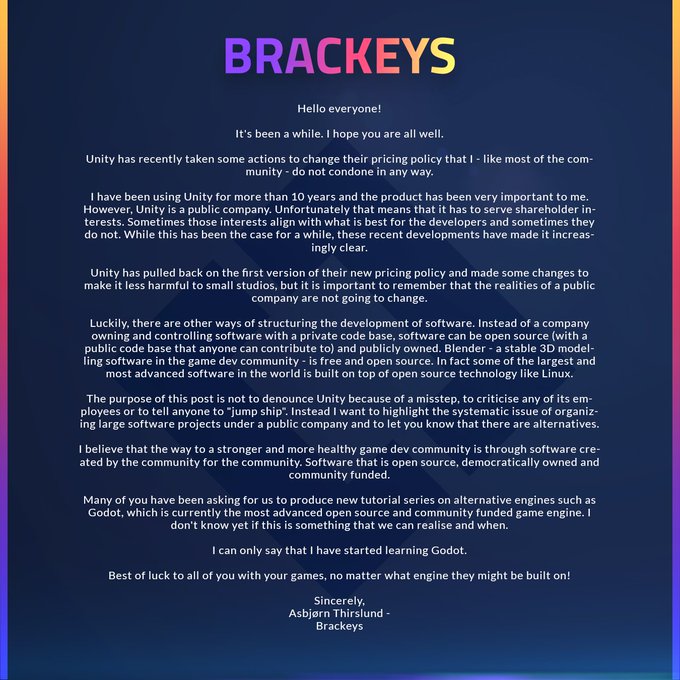This post is meant to help me (and you, be welcome) vent some frustration, as well as help this community grow.
To make it interesting, try to explain at least a little bit why something bothers you.
I'm talking about the cackling goblin, the obnoxious horses, the dumb dogs, the intrusive mice and whatever repeatedly makes any sound.
I mean, it's a fun addition at first, but it gets old quickly. And whenever Someone gets some damage, or something else of minor importance happens, it gets commented by not more than 3 (?) sound reactions. I think I heard all of them a few thousand times by now. It's just annoying.
Sadly, the only way to mute them for good is to mute all opponent's text and image emotes, basically shutting off communication. Which has it's own merit, but it's a different thing. Why combine both in one control?
So sometimes I cruise on everything off to have more peace of mind. When I feel more open, I enable reactions again, but manually mute every opponent who has a pet which cannot behave. Sorry bros. If you want to be heard, make this useless thing shut up.
- Decks which require you to react on dozens of triggers per round. Like 0-cost artifact spam, lifegain frenzy, foodcat sacrificers.
It's just so tedious. And some people seem to do it just for the fun of it, without any impact on the game.
Like when the Scurry Oak starts growing, I have a Ritual of Soot in Hand, but still want to use my remaining mana in their end step. I may have to click through hundreds of triggers just to wipe it all away whenever they feel they spammed enough.
Talking about Dualcaster Mage, Minion of the Mighty, some decks around Colossal Hammer. I mean, it's nice you can make these decks which can kill you on round 2 or so (but fall apart instantly when they don't), just in principle. But in common play, it's just a boring waste of time. I know these decks exist, cool. I'm pretty sure you just copied it from someone else or the internet, wow. Okay, you won and the only thing good about it is that I don't have to shuffle physical cards afterwards. Now get lost.
I'm aware they are necessary to keep the lategame horrors in check, but meh. Why do I put 60 cards together if I only get to see 10, and to play 2?
To me, it smells like bad game design that some strategies revolve around making your opponent unable to play (also looking at discard, counter and other locks). Again, in principle it is amazing that MTG has this flexibility and variety. But does it make for interesting and fun matches for both sides? I much prefer games which have some back and forth, not one steamrolling the other.
Such wow, 4 copies of each elf/goblin/whatever, which everyone else plays too. Generic UR wizards, or Boros cats with Goblin Bombardment. Seen them a hundred times, mostly losing to them. I guess there's the crux; they are so strong you can hardly play anything else. Which ironically makes the aforementioned flexibility and variety of this originally amazing game self defeating, resulting in stale repetition.
- Overpowered / too cheap cards
Did the reanimators really need an upgrade in the form of a 2-mana Persist? Or lifegain the Ocelot Pride? Both were already strong and popular before these were added. I also consider Sheoldred's Edict one such culprit. Just a few years ago, I (and many others) were playing Fleshbag Marauder, a creature which has "on enter: each player sacrifices a creature" or something. Now it's a 2-mana instant with more flexibility and precision. I think it just leads to a race to the bottom, where games are decided by whoever drew their winning solution first (we give you 3 turns to make that happen). Again, I very much like that something like this is possible, but it should not be so common that it displaces other strategies, which could make for more interesting and more fun games, for both sides.
This got longer than I anticipated. Feel free to add your own thoughts independent from mine, or cheese to my whine.




Being out in the open when debris is flying increases your risk though.